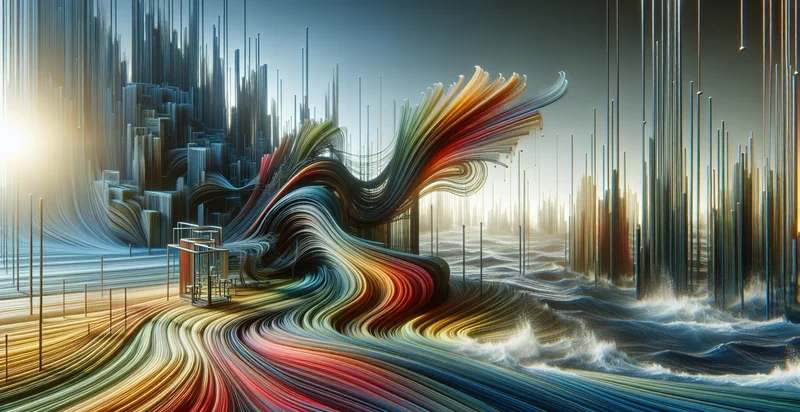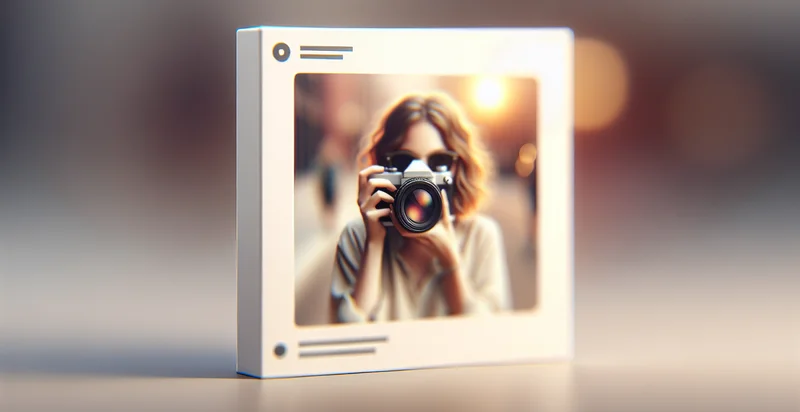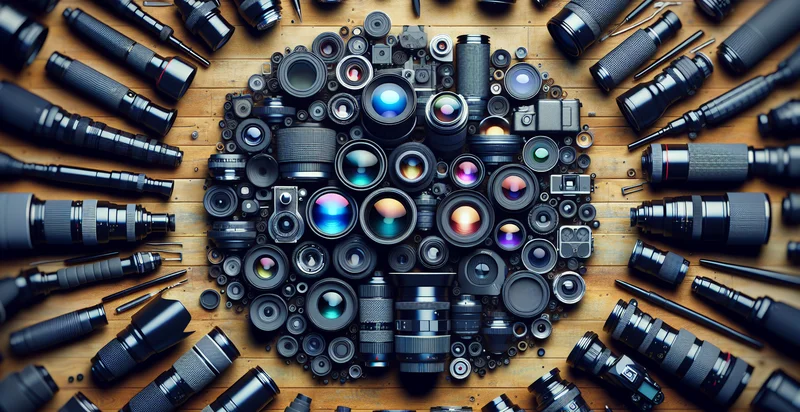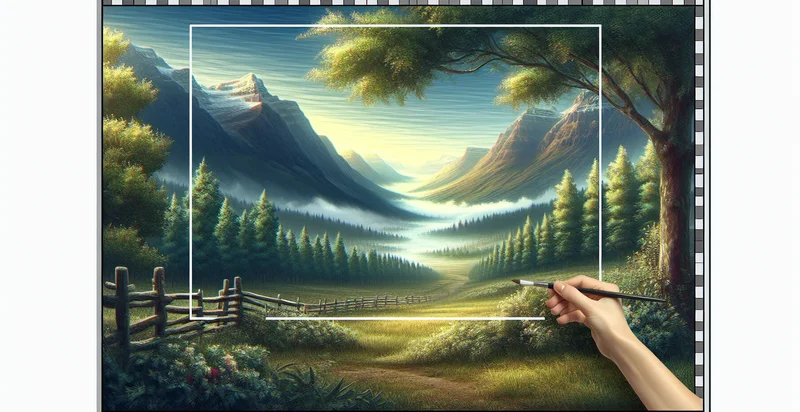Identify if photo shows lens distortion
using AI
Below is a free classifier to identify if photo shows lens distortion. Just upload your image, and our AI will predict if the photo shows lens distortion - in just seconds.

Contact us for API access
Or, use Nyckel to build highly-accurate custom classifiers in just minutes. No PhD required.
Get started
import nyckel
credentials = nyckel.Credentials("YOUR_CLIENT_ID", "YOUR_CLIENT_SECRET")
nyckel.invoke("if-photo-shows-lens-distortion", "your_image_url", credentials)
fetch('https://www.nyckel.com/v1/functions/if-photo-shows-lens-distortion/invoke', {
method: 'POST',
headers: {
'Authorization': 'Bearer ' + 'YOUR_BEARER_TOKEN',
'Content-Type': 'application/json',
},
body: JSON.stringify(
{"data": "your_image_url"}
)
})
.then(response => response.json())
.then(data => console.log(data));
curl -X POST \
-H "Content-Type: application/json" \
-H "Authorization: Bearer YOUR_BEARER_TOKEN" \
-d '{"data": "your_image_url"}' \
https://www.nyckel.com/v1/functions/if-photo-shows-lens-distortion/invoke
How this classifier works
To start, upload your image. Our AI tool will then predict if the photo shows lens distortion.
This pretrained image model uses a Nyckel-created dataset and has 2 labels, including Distorted and Undistorted.
We'll also show a confidence score (the higher the number, the more confident the AI model is around if the photo shows lens distortion).
Whether you're just curious or building if photo shows lens distortion detection into your application, we hope our classifier proves helpful.
Related Classifiers
Need to identify if photo shows lens distortion at scale?
Get API or Zapier access to this classifier for free. It's perfect for:
- Photography Quality Assessment: Photography professionals can use the lens distortion identifier to evaluate the quality of their images before submission or publication. This tool helps them identify and correct lens distortions, thereby ensuring that their work meets industry standards and retains client satisfaction.
- E-commerce Product Image Optimization: E-commerce platforms can utilize the distortion identifier to automatically detect and flag product images that exhibit lens distortion. By ensuring that all product images are distortion-free, businesses can improve the visual appeal of their listings and enhance customer trust in their products.
- Real Estate Listing Enhancement: Real estate agents can implement this function to analyze property images and identify any lens distortions that may affect the perception of space. By correcting these distortions, agents can present properties more accurately, leading to better client engagement and increased sales opportunities.
- Social Media Content Validation: Social media platforms can leverage the identifier to assess user-uploaded images for lens distortion. This feature can help maintain a consistent visual aesthetic on the platform by alerting users to distortions, promoting higher-quality content sharing.
- Photography Training Tools: Educational platforms for photographers can integrate this function into their training programs. By providing feedback on lens distortion in practice images, learners can develop an eye for detail, improving their skills in capturing high-quality photographs.
- Visual Content Management Systems: Businesses using visual content management systems can use the distortion identifier to ensure that all submitted visual content is of high quality. This functionality can streamline content onboarding processes and reduce the need for manual quality checks.
- Augmented Reality Applications: Augmented reality (AR) developers can incorporate the lens distortion identifier to improve the accuracy of virtual overlays on photos. By identifying and compensating for lens distortion, AR applications can render more realistic and visually appealing experiences for users.


